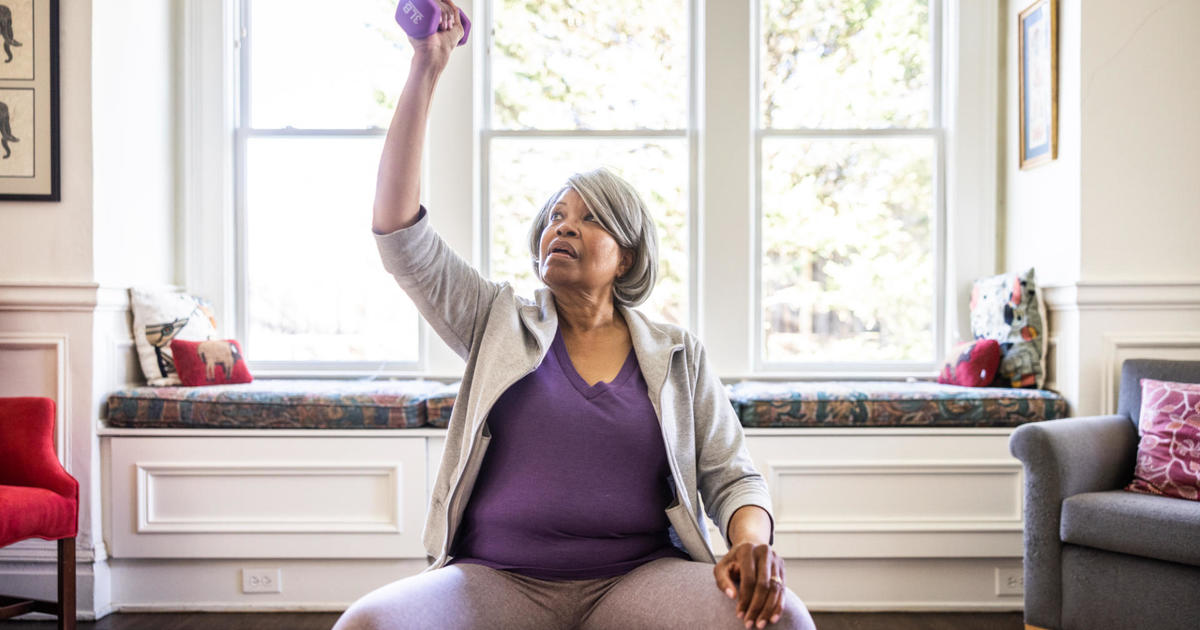Health Official: Routine Mammograms May Lead To Overdiagnosis
BOSTON (CBS) - A local health official's research suggests that routine mammography screening, long viewed as an essential tool in detecting early breast cancer, may be causing a significant amount of overdiagnoses of the disease that would otherwise prove harmless.
WBZ NewsRadio 1030's Diane Stern spoke with Dr. Mette Kalager:
Podcast
The report was based on a study of women in Norway, where the researchers estimated that between 15% and 25% of breast cancer cases are overdiagnosed.
"We have to look at both the harms and the benefits of mammography screening to get anything out of this," said Dr. Kalager from the New Harvard School of Public Health (HSPH).
What is the harm of overdiagonsis?
Most women in the U.S. begin getting their annual mammograms when they are in their 40's or 50's. But, recent research suggests evidence of overdiagnosis has increased debate about the benefits of screening.
There have been a number of experts that have speculated that new effective treatments for breast cancer play a larger role in saving women's lives than screening does. They have also noted that overdiagnosis can cause unnecessary emotional stress and unnecessary medical treatment.
"Overdiagonsis means that you are diagnosed with a cancer that would never appear clinically or you will not experience symptoms or would kill you," said Kalager. "So you are treated with surgery, with chemotherapy, with radiation, and with hormone treatment, without any benefit from it."
Kalager says the new findings suggest that women now should be informed about the potential benefit from mammography, but also the many different harms that can come with it, including mental distress, biopsies, surgeries, or chemotherapy and hormone treatments for disease that would never have caused symptoms.
The researchers have come to the conclusion that if mammography is beneficial, it would lead to a decrease in late-stage breast cancer cases—the theory being that early detection prevents late-stage disease.
However, the researchers did not find a reduction in late-stage disease in women who had been offered screening. Instead, they did find a substantial amount of overdiagnosis.
Among the 7,793 women diagnosed with breast cancer through participation in the screening program, the report found 15% to 25% were overdiagnosed (between 1,169 and 1,948 women).
Based on those numbers, officials further estimated that, for every 2,500 women invited to screening, 2,470 to 2,474 will never be diagnosed with breast cancer and 2,499 will never die from breast cancer.



